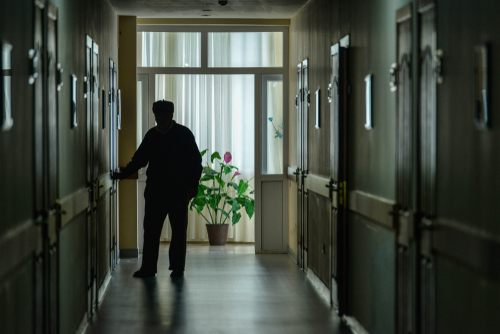
Studies Suggest That Apathy Can Be A Warning Sign Of Dementia
30 Nov, 2021
Senior Living
We know that aging can make it difficult for us to continue pursuing activities that we once loved. It is quite normal for people to slow down with age. However, many caregivers wrongly assume that disconnection and apathy are normal parts of the aging process. As per a new study published in JAMA Psychiatry, apathy is an important risk factor that can increase the chances of developing dementia disorders.
As per the experts in senior living, preventing apathy can help improve the quality of life of seniors and can help them live long and happy lives. Shared below are a few important things that you should know if your senior loved one seems apathetic.
Apathy: A Warning Sign Of Dementia
In the study, researchers conducted a review of sixteen previous studies which included more than 7000 memory, clinic patients. The results of the study suggested a two-fold risk of developing dementia disorders. The observations from the study suggest that apathy can be considered an early warning sign of dementia, or that it may even contribute to the development of dementia.
The causal relation between apathy and dementia was not considered in the study, meaning that the researchers do not know whether apathy caused dementia or if apathy can be considered an early sign of dementia. However, the data obtained from the study shows the importance of monitoring for apathy in seniors.
Other research also supports the connection between apathy and dementia. The apathy associated with depression can also be mistaken for dementia disorders in seniors. Some types of dementia like frontotemporal dementia can manifest as mood and behavioral changes much before the appearance of memory issues. Therefore, seniors need to see a doctor for any changes in behavior or mood.
What To Watch Out For?
If you do not live with your senior loved one, you might not be able to immediately notice changes in their mood or behavior. However, watching out for the below signs of apathy, as shared by experts in senior care and assisted living facilities, might help.
- Being disconnected from loved ones.
- Not interested in once-enjoyed activities, despite being able to do them physically.
- Being very quiet in conversations.
- Showing feelings of hopelessness.
- Seeming unhappy and depressed.
- Not expressing opinions about food, politics, family events, or any other topics that mattered to them once.
Leave a Comment